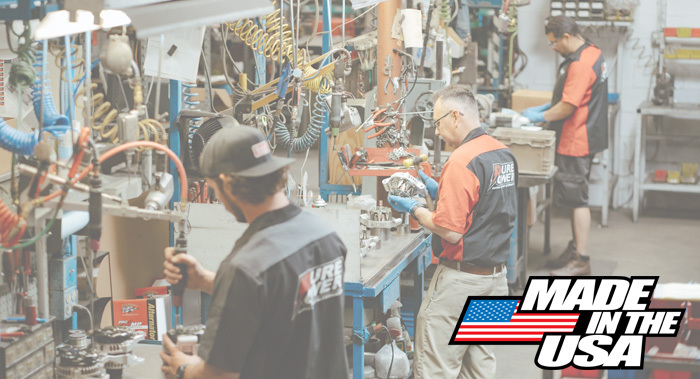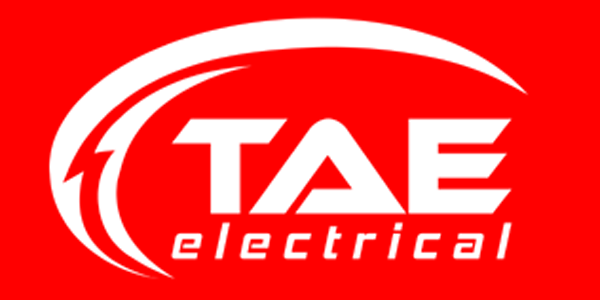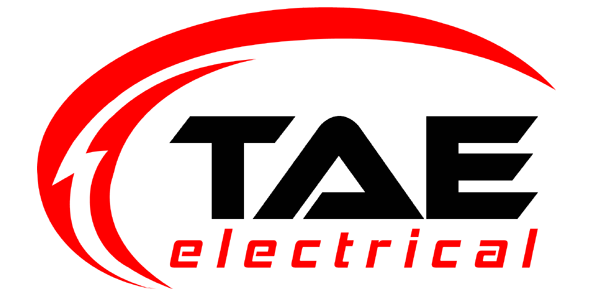Tucson and Phoenix Locations will be closed this Saturday April 19.
Alternator vs Battery: What's the Difference?
An automobile's electrical system includes the battery, alternator, and other parts. These two parts have different purposes but work together to power the car's electrical system. This article will examine the role of the alternator and the battery in a car's electrical system. This article will take a look into the looking into alternator vs battery and the differences they have.
Alternator Function and Components
The vehicle's electrical system is powered by the alternator, which also charges the battery. The alternator consists of many parts that all function together to generate power. Such parts include the stator, rotor, diode assembly, and voltage regulator. The rotor is a moving part inside the alternator that spins whenever the engine runs. The stator is a stationary wire coil charged by the rotor's magnetic field as it rotates. With this, you might understand how an alternator with a high output affects your car.
The diode assembly transforms the alternating current power produced by the alternator into the direct current energy required by the car's electrical system. The alternator's output voltage is kept within an acceptable range and prevented from overcharging the battery by the voltage regulator.
Battery Function and Components
To keep the car's electronics running even while the engine is idle, a battery stores excess energy for later use. Batteries contain positive and negative terminals, lead plates, and electrolyte solutions. A battery's lead plates undergo a chemical reaction in an electrolyte solution. Electricity is supplied to the vehicle's electrical system via the positive and negative terminals when the engine is shut off.
Alternator vs Battery: Different Types of Power
While both the alternator and battery contribute to the vehicle's electrical system, they do so in quite different ways. The battery provides DC current, whose voltage does not fluctuate over time. In contrast, the alternator generates AC, whose voltage varies over time. The car's electrical system uses direct current (DC), and the alternator's diode assembly converts AC power to DC. The voltage regulator prevents the battery from being overcharged by keeping the voltage from the alternator within an acceptable range.
Compatibility Between Battery and Alternator
One of the most important aspects of a car's electrical system is that the battery and alternator work well together. Overcharging and damage to the battery can result from an alternator's ability to charge at a higher rate than the battery can absorb. Moreover, undercharging the alternator can lead to its early failure. So, checking the compatibility between the battery and the alternator is crucial.
NAPA Auto Parts recommends picking a battery that can keep up with the charging rate of the alternator and the vehicle's electrical setup. They recommend consulting the owner's manual or a qualified technician to determine the vehicle's appropriate battery size and type.
Drive Belt Issues with Alternators
Another common issue with alternators is a broken or worn driving belt. If the drive belt that connects the alternator to the engine's crankshaft fails, the alternator will not be able to generate power. Thus, the drive belt should be inspected frequently and replaced if it shows signs of wear or damage.
Incorrect battery charging could result from a loose or sliding drive belt, as stated by Pep Boys, a well-known auto parts retailer. Drive belts should be inspected for damage, such as cracks, fraying, and wear, and replaced as necessary. Knowing this, among other items you should bring, consider packing some spare parts in your car when moving cross country, just in case. You can never be too careful.
Faulty Diodes and Alternators
In addition to issues with the driving belt, a faulty diode is a common cause of alternator failure. The diode assembly converts the alternating current power produced by the alternator into the direct current power required by the car's electrical system. In the event of a diode failure, the alternator will keep cranking out energy. Still, it won't be adequately turned into the right kind of electricity, which can cause all sorts of havoc in the electrical system. These are some of the most common signs your car needs an alternator repair. Make sure to go to a mechanic as soon as you notice these problems.
According to Car Bibles, a wealth of automotive knowledge available online, a faulty diode could drain the battery and trigger the dashboard warning lights. To prevent further damage to the alternator or other components, they recommend swiftly diagnosing and replacing a defective diode.
Importance of Choosing the Correct Alternator
Knowing that alternators are not one universal design is essential. Vehicle alternators are needed when the engine size, electrical load, and battery capacity vary. If the alternator is installed incorrectly, the battery or other electrical components may be damaged by overcharging or undercharging.
AutoZone, a leading automotive parts and accessories retailer, says picking the correct alternator is crucial for the vehicle's reliable operation. They recommend consulting the owner's manual or a qualified mechanic to determine the best alternator for your car. So, considering the above stated, avoid these mistakes when buying a car alternator. It's essential to choose the correct alternator for your vehicle.
Conclusion
Last but not least, when looking into the alternator vs battery and their differences, remember that the alternator and the battery are two crucial parts of a vehicle's electrical system that work together to ensure reliable operation. The battery and alternator may last longer with regular maintenance and inspections, saving you money on repairs.
Proper car maintenance and reliable performance on the road necessitate understanding the functions of both the battery and the alternator. By regularly checking the drive belt for wear and the battery and alternator for compatibility, vehicle owners can ensure that their vehicles' electrical systems are in good working order and that their cars are safe and reliable on the road.

NEED HELP? CALL US 1-520-622-7395
M-F 8-5 / SAT. 9-2
FAST SHIPPING
Orders placed by 2pm EAST will be processed same day








